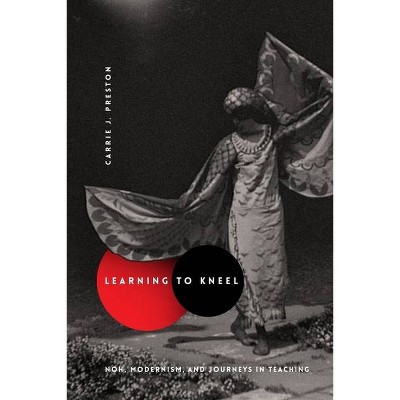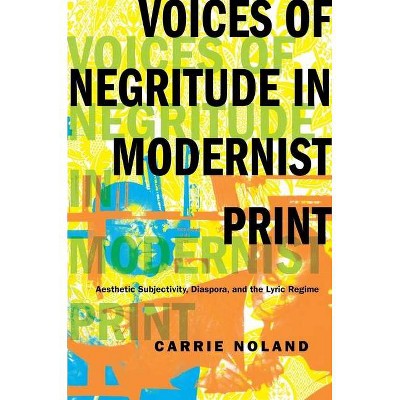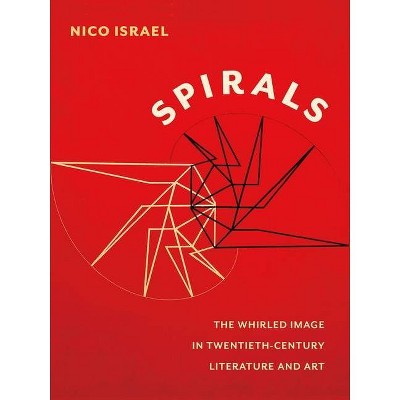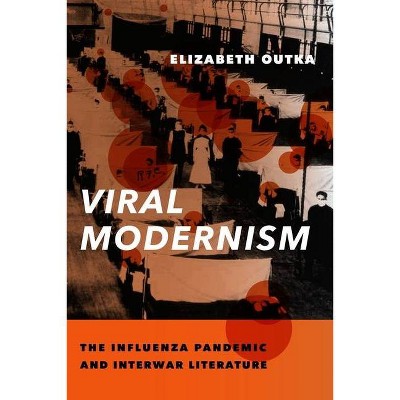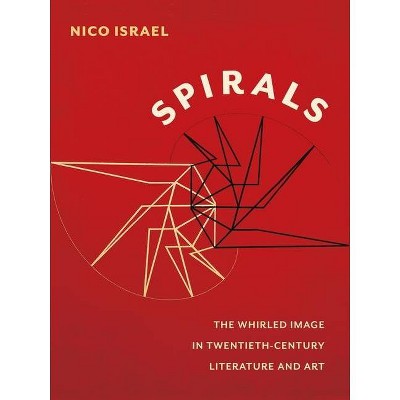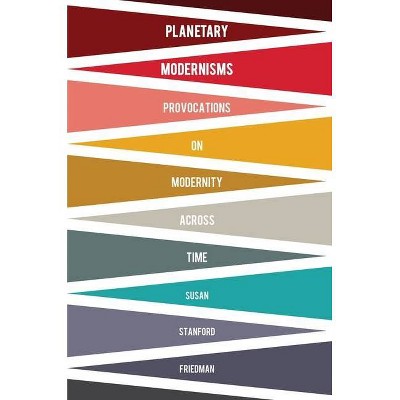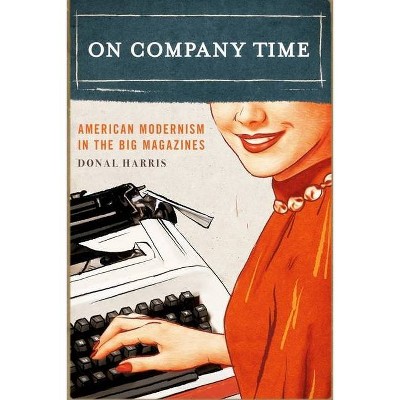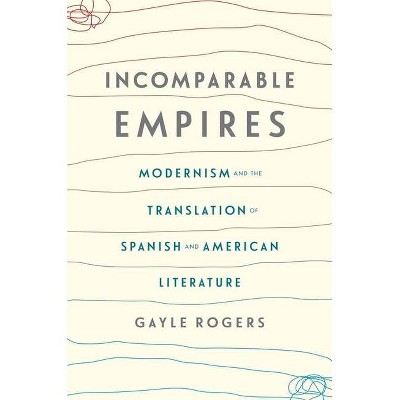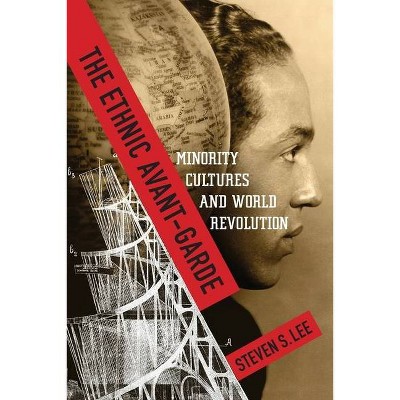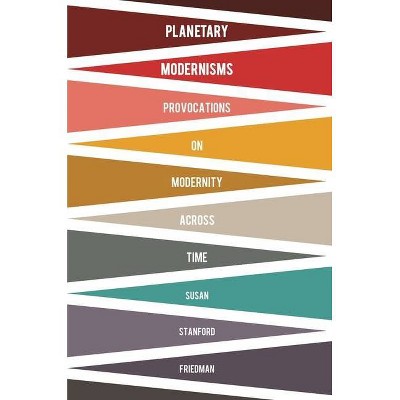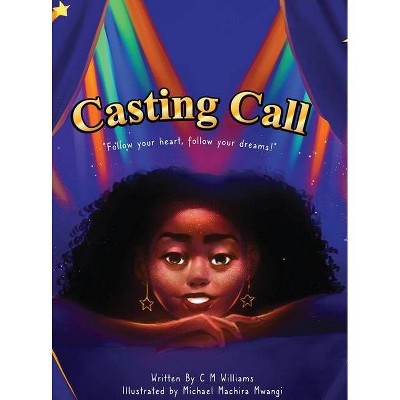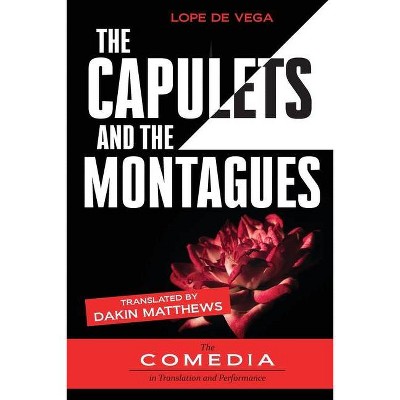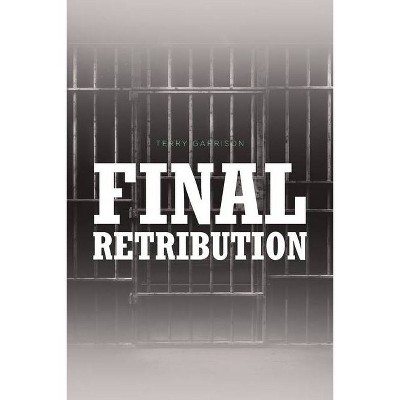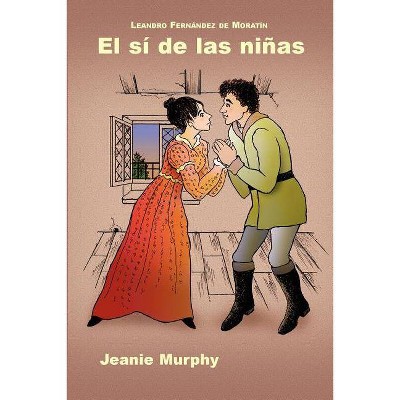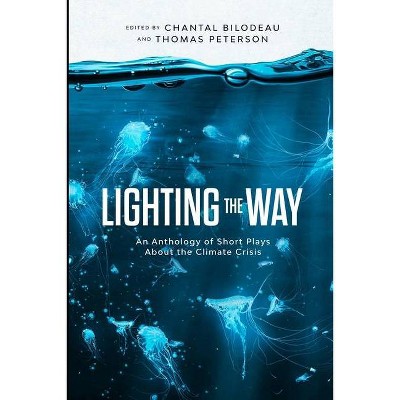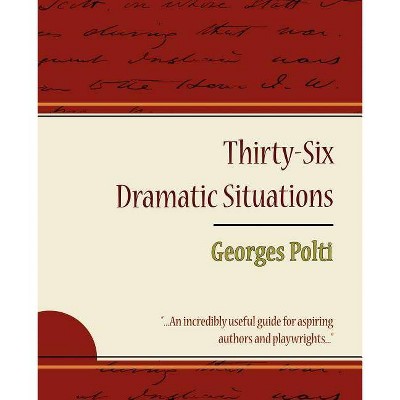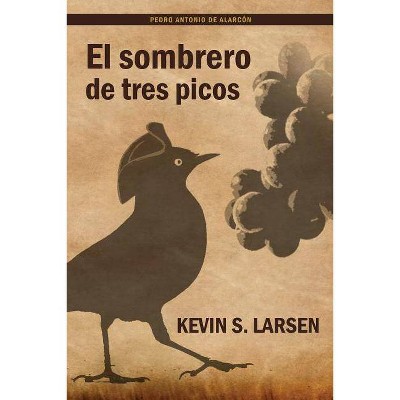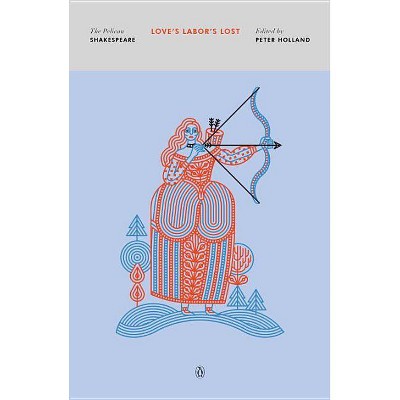Learning to Kneel - (Modernist Latitudes) by Carrie J Preston (Paperback)
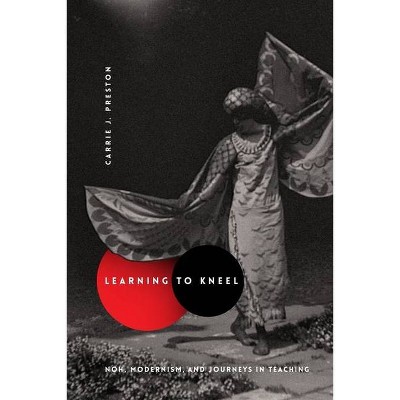
Similar Products
Products of same category from the store
AllProduct info
<p/><br></br><p><b> About the Book </b></p></br></br><i>Learning to Kneel </i>locates noh drama's influence on American and European writers, dancers, and composers. Carrie J. Preston's work has been profoundly shaped by her training in noh performance. While her subjects are often criticized for Orientalist tendencies, Preston's own journey reflects a more nuanced understanding of cultural exchange.<p/><br></br><p><b> Book Synopsis </b></p></br></br>In this inventive mix of criticism, scholarship, and personal reflection, Carrie J. Preston explores the nature of cross-cultural teaching, learning, and performance. Throughout the twentieth century, Japanese noh was a major creative catalyst for American and European writers, dancers, and composers. The noh theater's stylized choreography, poetic chant, spectacular costumes and masks, and engagement with history inspired Western artists as they reimagined new approaches to tradition and form. In <i>Learning to Kneel</i>, Preston locates noh's important influence on such canonical figures as Pound, Yeats, Brecht, Britten, and Beckett. These writers learned about noh from an international cast of collaborators, and Preston traces the ways in which Japanese and Western artists influenced one another. <p/>Preston's critical work was profoundly shaped by her own training in noh performance technique under a professional actor in Tokyo, who taught her to kneel, bow, chant, and submit to the teachings of a conservative tradition. This encounter challenged Preston's assumptions about effective teaching, particularly her inclinations to emphasize Western ideas of innovation and subversion and to overlook the complex ranges of agency experienced by teachers and students. It also inspired new perspectives regarding the generative relationship between Western writers and Japanese performers. Pound, Yeats, Brecht, and others are often criticized for their orientalist tendencies and misappropriation of noh, but Preston's analysis and her journey reflect a more nuanced understanding of cultural exchange.<p/><br></br><p><b> Review Quotes </b></p></br></br><br>As intercultural and transnational exchange of all kinds become more commonplace within our daily lives, Preston's book asks us to interrogate the complex relations between tradition and invention, authority and appropriation, accuracy and rearticulation.--Dance Chronicle<br><br>Should be required reading for a very broad range of students and scholars.--New Theatre Quarterly<br><br>Most impressive in this study is Preston's interdisciplinary approach and her humble, consistent self-reflection in engaging with the material. Her extensive research and personal experiences provide relatable examples of the transnational artistic achievements that have and can come from 'learning to kneel.' . . . Anyone interested in noh, modernism, and reimagining the politics of submission in a variety of sociopolitical arenas will find<i> Learning to Kneel</i> an indispensable resource.--Alex Rogals "Theatre Journal "<br><br><i>Learning to Kneel</i> is rich with insights on performance, gender, and the politics of cultural appropriation beyond its focus on the history of the influence of noh theater on modernist artists.--Eric C. Rath "Japanese Studies "<br><br>Eloquently, movingly, and persuasively, Preston traces modernism's fascination with noh through European and Japanese histories of poetry, drama, and performance. She asks us to reflect on the project of cross-cultural learning, what it means to know another culture as well as what it means to know one's own. A tour de force of memoir and scholarship, at once entertaining and erudite, <i>Learning to Kneel </i>shows us why mistranslation, partial fluency, and failing to understand have been crucial to the transnational history of modernism.--Rebecca Walkowitz, Rutgers University<br><br>In <i>Learning to Kneel</i>, Preston tells the story not only of the influence of Japanese culture and noh theater on modernist writers from Yeats to Beckett but also of her personal experience as a neophyte practitioner of noh. Together, these narratives brilliantly reframe received ideas about cross-cultural aesthetic transformation, the relation of success and failure in art, and the tension between subversion and tradition that underlies any form of training or pedagogy.--Scott Klein, Wake Forest University<br><br>Kneel before this humbling account of submission and, at times, personal but never sentimental antidote to both easy celebrations of multiculturalism and easy critiques of cultural appropriation. Sitting with calm strength at the intersections of performance, pedagogy, and the politics of 'global modernism, ' Preston successfully reinvents the modernist reinvention of noh as a timely, urgent topic by asking what it means to succeed or fail. Don't fail to read it.--Christopher Bush, Northwestern University<br><br>What drew Western writers to an arcane, highly stylized form of Japanese court theater? As a scholar, Carrie J. Preston answers this question by way of the archive, unearthing a global network of dancers and writers. But she also pursues this question as a student, subjecting herself to the rigors of noh training. The result is an unusual blend of both approaches, a magisterial study in cultural history that is also a compelling story of teaching and learning.--Martin Puchner, Harvard University<br><p/><br></br><p><b> About the Author </b></p></br></br>Carrie J. Preston is associate professor of English and Women's, Gender, and Sexuality Studies and Arvind and Chandan Nandlal Kilachand Professor and Director of Kilachand Honors College at Boston University. She is the author of <i>Modernism's Mythic Pose: Gender, Genre, Solo Performance</i> (2011), which won the de la Torre Bueno Prize.
Price History
Cheapest price in the interval: 27 on October 27, 2021
Most expensive price in the interval: 27 on November 8, 2021
Price Archive shows prices from various stores, lets you see history and find the cheapest. There is no actual sale on the website. For all support, inquiry and suggestion messages communication@pricearchive.us
